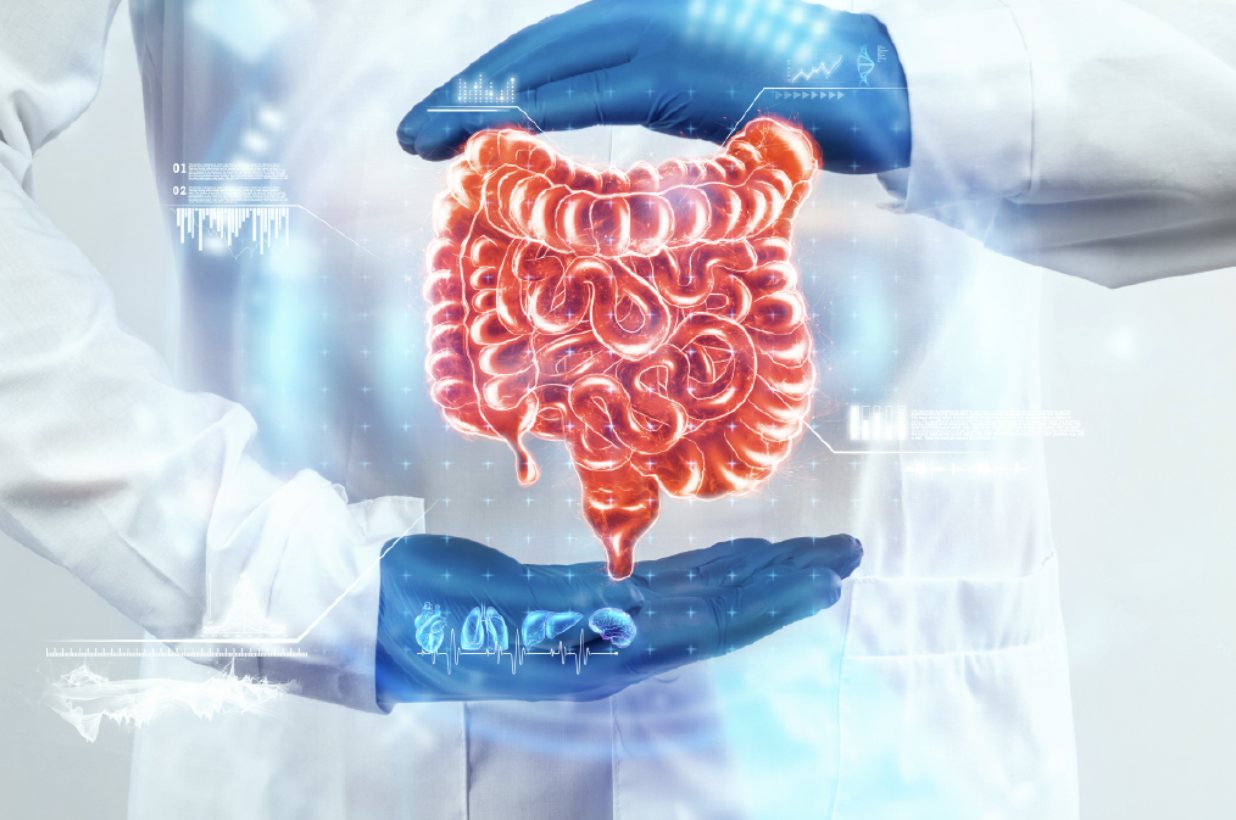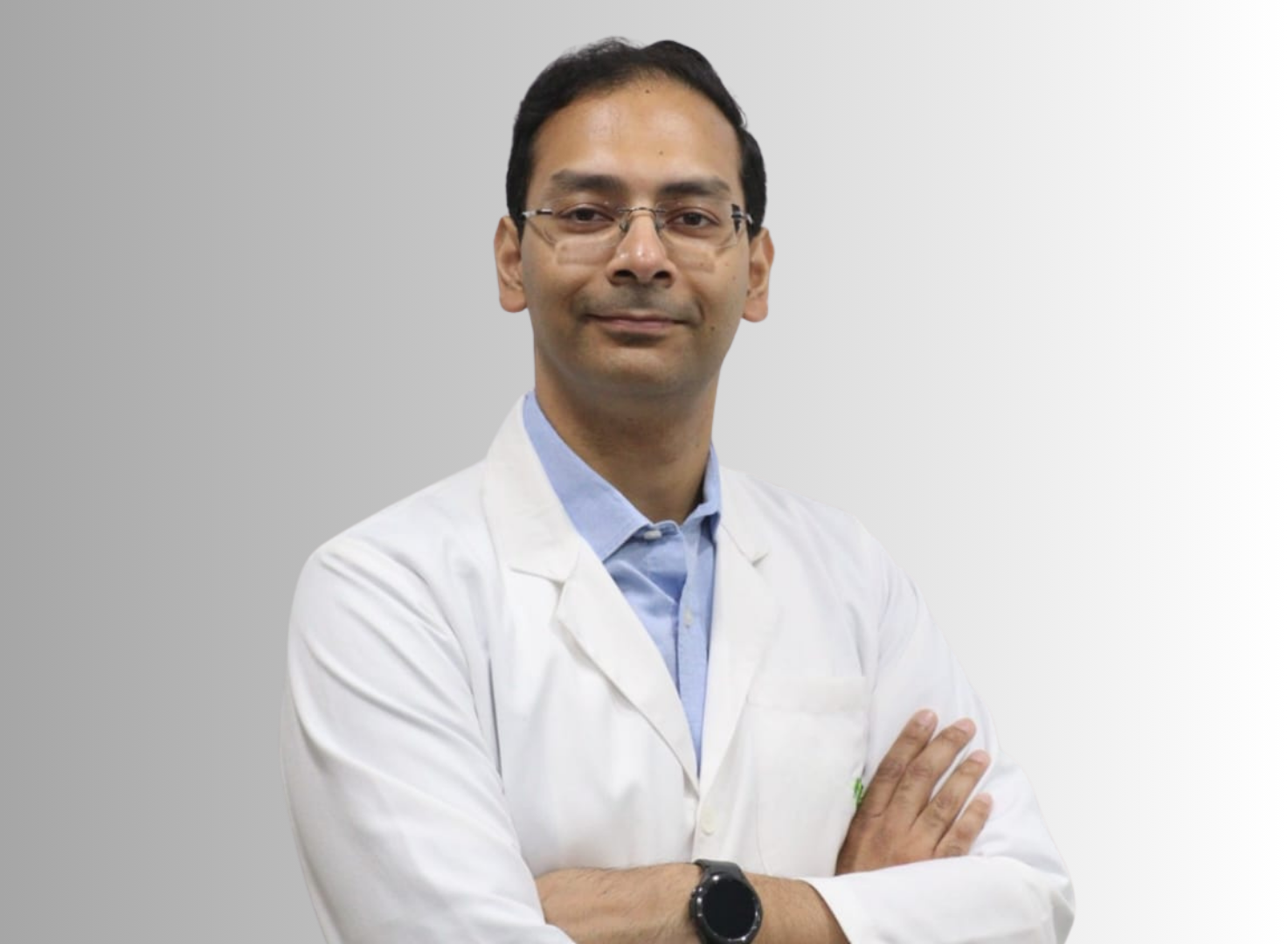Regular digestive problems, such as heartburn or stomach ache that do not improve with home remedies or over-the-counter medications, require an accurate diagnosis of your condition. A gastroenterologist is the specialist who looks into the symptoms of stomach conditions for diagnosis and offers suitable treatment. They are specialists who treat acute as well as chronic digestive problems, including liver disease, IBD, IBS, heartburn, problems with the gallbladder, cancers, and more.
While all digestive problems may not require a diagnosis by a specialist, there are some cases where your primary care provider may refer you to a gastroenterologist. Here are the instances when you should consult them.Difficulty Swallowing Food
If you have been experiencing difficulty swallowing food or feel a steadily worsening lump in your throat, you should see a gastroenterologist. Frequent lump or pain in the throat indicates acid reflux. If not treated on time, it may lead to muscle weakness in the esophagus and harm it in other ways. The gastroenterologist will perform an upper endoscopy to diagnose the issue and recommend a suitable treatment.
Frequent Heartburn
Occasional heartburn may be the result of excessive eating. However, if you experience persistent burning pain in the center of the chest, you should consult a gastroenterologist for the diagnosis of your problem. It usually happens when the acid in the stomach returns to the esophagus. If your heartburn is accompanied by other symptoms, such as pain when swallowing, dizziness, or bloody bowel movements, the condition requires medical intervention by a specialist.
Abdominal Bloating
A rapid gain in girth indicates a bloated stomach, which usually happens because it is retaining gas. However, if such bloating becomes painful and happens without a warning, it is a sign to visit a specialist for an accurate diagnosis of your condition. In some cases, the bloating may also be accompanied by other symptoms, such as bloody stools, nausea, or painful bowel movements. These symptoms may together suggest conditions like IBS, celiac disease, gallstones, or GERD. It is best to visit a specialist and get your problem evaluated.
Chronic Constipation
Chronic constipation is not a healthy sign and may affect your overall health if not treated at the right time. If you don’t drink enough water or get proper exercise, or consume dairy in excess amounts, you may fall prey to constipation. If you are going longer than three days between your bowel movements, with stools getting drier and harder, it is advisable to visit a gastroenterologist and get your checkup done.
Diarrhea
Diarrhea is a condition in which bowel movements are watery. It is a common issue and resolves in a day or two. It may be caused by consuming too much caffeine, eating contaminated food, or drinking tap water. But if this condition lasts for more than four weeks, it could be a sign of a potentially life-threatening issue. Watch out for symptoms like stools that are black or tarry, a feeling of dehydration, stools with pus or blood, or a fever over 102 degrees, and make a quick visit to a gastroenterologist if you experience them. These signs may indicate celiac disease, parasitic infection, ulcerative colitis, or IBS.
As a Routine Checkup Over 45
Even if you have no symptoms at the age of 45, but have a family history of colorectal cancer, it is advised to visit a gastroenterologist for a routine checkup at least once every 10 years. They may carry out a colonoscopy to check for signs of tumors or cancer and take immediate action upon finding complications.
Unexplained Weight Loss
You must visit a gastroenterologist if you have been experiencing unexplained weight loss. Some cases of weight loss are associated with exercise or diet changes. But if you are losing weight rapidly without these lifestyle changes, it shouldn’t be ignored. In such cases, digestive issues may be responsible for such weight loss as they reduce the body's ability to absorb nutrients and calories. Such drastic changes in the body may be the result of Crohn’s disease, chronic pancreatitis, ulcerative colitis, peptic ulcer, or cirrhosis.
Rectal Bleeding
Rectal bleeding is not a healthy sign and indicates problems like polyps, lesions, ulcers, or inflammatory bowel disease. Any type of rectal bleeding is abnormal. Therefore, it is advised to visit a gastroenterologist for the diagnosis and solution to the problem.
Sudden Changes in Bowel Patterns
In addition to constipation or diarrhea, if you have been experiencing sudden changes in your bowel patterns, it could be a cause for concern. Any radical change in bowel movements may indicate conditions such as ulcerative colitis, IBS, Crohn’s disease, and even colorectal cancer. If you experience changed bowel patterns for more than a week, visit a gastroenterologist for further evaluation and diagnosis.
Takeaway
A gastroenterologist will not only perform a diagnostic test upon listening to the symptoms of your condition, but also suggest a suitable treatment for the management of these symptoms. We advise you to be wary of the above-listed signs and visit them if you experience them for an extended period.




